CONSERVATIVES VS. LABOUR: HOUSING PLANS AND PROPOSALS
6th June 2024
From rent controls to boosting housing supply, here's how the housing plans of the Conservative and Labour parties compare.
Housing is a crucial policy area for any political party, affecting everyone. The Conservative Party has focused heavily on the Renters (Reform) Bill, introducing significant changes.
Meanwhile, the Labour Party has proposed a new renters' charter, including extended notice periods for landlords and the elimination of "automatic eviction for rent arrears."
With a general election set for 4 July, the Conservative and Labour parties are leading in the polls. As of 22 May, Labour holds 45% of the opinion polls, while the Conservatives have 23%. Here’s a comparison of their housing policies:
1. Reforming Private Renting
Conservative Party
The Conservatives have pinned their hopes on the Renters (Reform) Bill, currently progressing through the House of Lords. However, with Parliament dissolving on 30 May for the upcoming election, its future is uncertain.
Key elements of the bill include abolishing Section 21 ("no-fault") evictions, introducing rolling tenancies, and applying the Decent Homes Standard to the private sector.
Labour Party
Labour has expressed doubts about the current Renters (Reform) Bill due to amendments following Conservative opposition. Instead, Labour promises a Renters’ Charter, which would end Section 21 evictions, allow renters to have pets and make reasonable property alterations, introduce a four-month notice period for landlords, and stop automatic evictions for rent arrears.
2. Introducing Rent Controls
Conservative Party
The Conservatives have rejected calls for rent controls, as stated in the Renters (Reform) Bill white paper, despite some party members supporting a rent freeze.
Labour Party
Labour has mixed views on rent controls, with strong proponents like Sadiq Khan and Andy Burnham and detractors like Shabana Mahmood. Although a nationwide rent freeze is unlikely, Labour previously pledged rent controls but dropped this promise in June 2023.
3. Boosting Housing Supply
Conservative Party
The Conservatives initially set a target of building 300,000 houses by the mid-2020s, later downgraded to "advisory." Michael Gove reaffirmed commitments to build more homes and implement planning reforms, aiming for at least a million new homes by the end of this parliament.
Labour Party
Labour, led by Keir Starmer, pledges to reinstate mandatory targets for 300,000 new homes per year and update planning laws for greater local authority control. Labour aims to build 1.5 million homes over five years, including multiple new towns with 40% affordable housing.
4. Helping First-Time Buyers
Conservative Party
Prime Minister Rishi Sunak is considering reinstating the Help to Buy scheme, though critics argue it may inflate property prices. The Right to Buy scheme for housing association tenants, announced by Boris Johnson, has not yet been implemented.
Labour Party
Keir Starmer plans to prioritize first-time buyers over buy-to-let landlords and second homeowners. Labour aims for 70% home ownership, proposing a mortgage guarantee scheme and increasing the stamp duty surcharge for foreign investors.
5. Providing Social and Affordable Housing
Conservative Party
The Conservatives have invested £11.5bn in the Affordable Homes Programme, aiming to deliver tens of thousands of homes. However, only 33,550 homes are allocated for social rent, despite over a million households on the social housing waitlist.
Labour Party
Labour commits to building more social housing and reducing the sale of social homes through Right to Buy. The party aims to construct new social housing and create multiple new towns with a significant portion of affordable homes.
6. Regulating Holiday Homes and Short-Term Lets
Conservative Party
The Conservatives have tightened rules on short-term rentals and launched consultations on planning permissions and a short-term let register in England. Wales and Scotland already have their own licensing schemes.
Labour Party
Labour proposes a licensing scheme similar to Wales for short-term lets in England. They also consider increasing the surcharge for second homes and raising council tax premiums up to 300%.
7. Abolishing the Leasehold System
Conservative Party
The Conservatives announced a Leasehold and Freehold reform bill in November 2023, aiming to simplify leaseholders buying the freehold and reducing ground rent payments. However, its future is uncertain with the upcoming election.
Labour Party
Labour plans to overhaul the leasehold system, considering it "feudal" and "archaic." They propose a "commonhold" system, first suggested in Labour’s 2019 report, "Ending the Scandal – Labour’s New Deal for Leaseholders."
8. Upgrading the Energy Efficiency of Homes
Conservative Party
The Conservatives had committed to upgrading rental properties to EPC band C but scrapped these plans in September 2024, citing landlord pressures and housing supply concerns.
Labour Party
Labour's Warm Homes Plan aims to upgrade homes to EPC band C within a decade, potentially saving families up to £1,000 annually on energy bills.
9. Capital Gains Tax on Residential Properties
Conservative Party
The Conservatives reduced the capital gains tax allowance from £12,300 to £6,000 in April 2023, with a further reduction to £3,000 from April 2024.
Labour Party
Labour has ruled out increasing CGT, focusing instead on avoiding public overspending rather than taxing the wealthy.
It will be interesting to see what happens with regards to key talking points such as the Renter Reform Bill but hopefully the above will give you a better understanding on each parties stances on key aspects of housing issues. Will each parties stance effect your vote? We've obviously only covered the 2 majority parties in this article but have provided further information on our social media posts with regards to other parties stances as well.
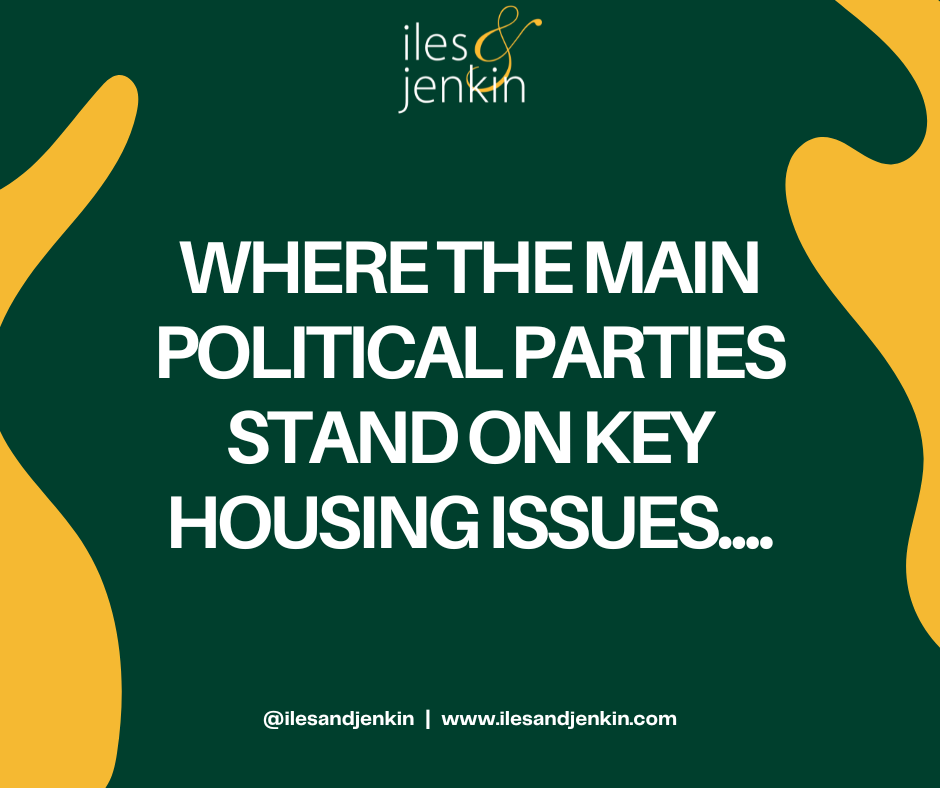
 By
By 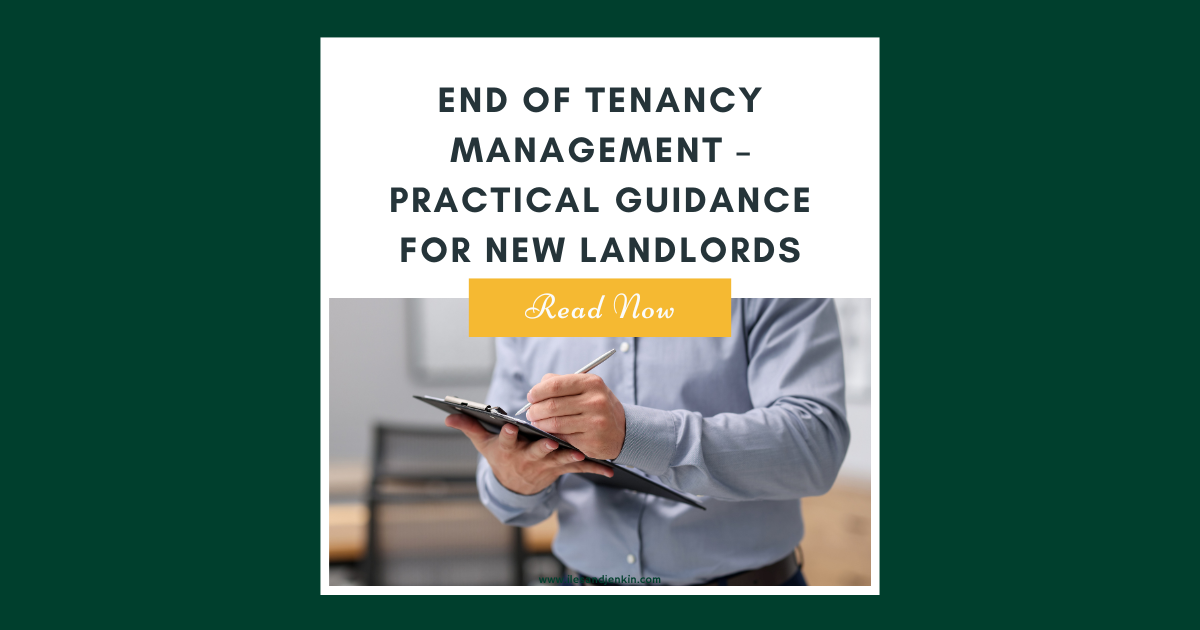
 posted by
posted by 

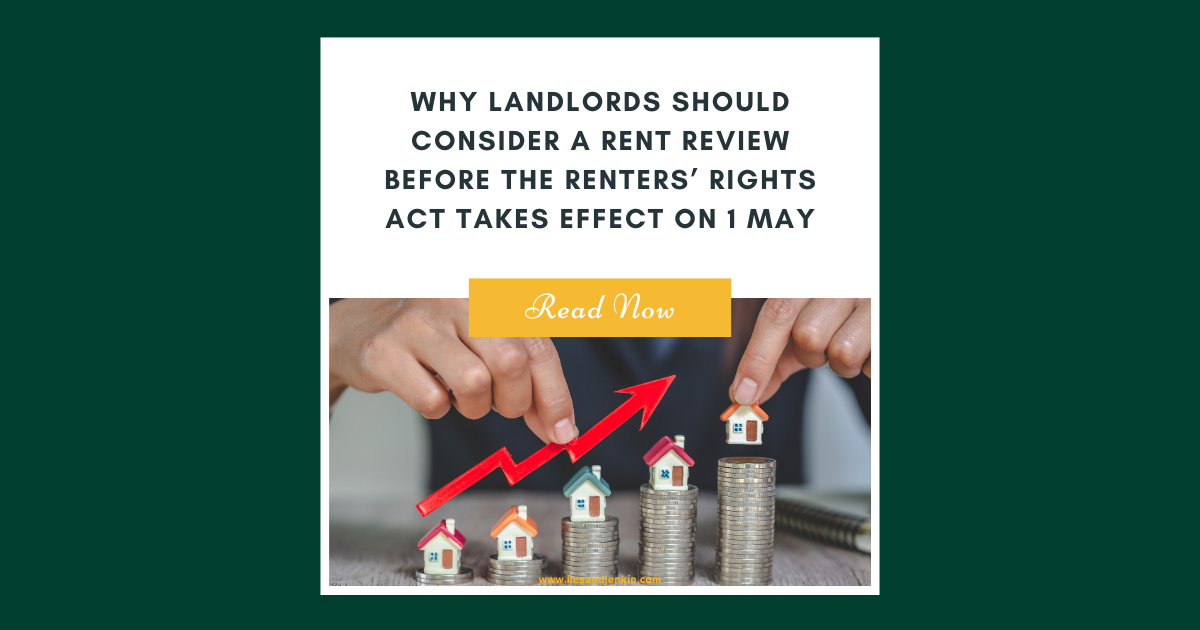
Share this with
Email
Facebook
Messenger
Twitter
Pinterest
LinkedIn
Copy this link